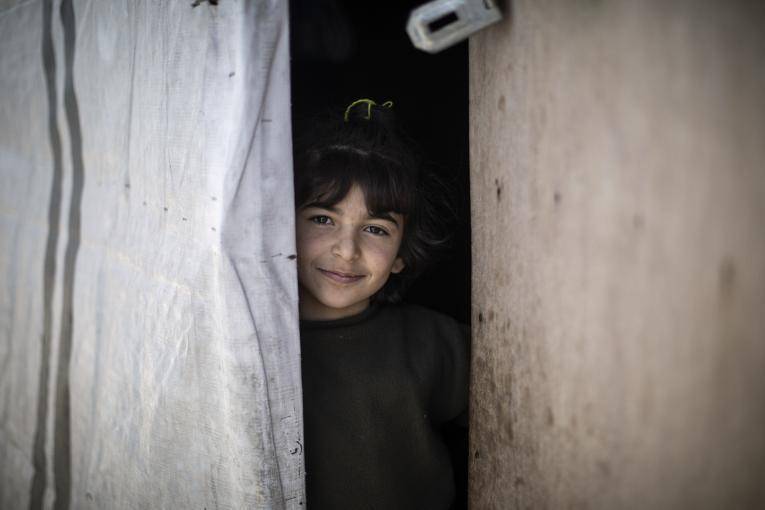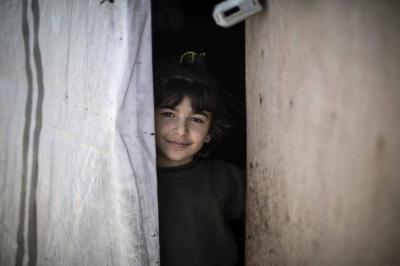Acting UNICEF Representative Ety Higgins stated in a press release that "with Lebanon's health system reaching a collapse due to multiple crises hitting it hard, many families can no longer even access healthcare facilities for their children due to the struggles of many healthcare workers dedicating themselves to maintain the provision of health requirements during the crisis."
UNICEF's report, released in conjunction with World Immunization Week, noted that "the worsening global economic situation, resulting in rising prices and increased inflation, exacerbates Lebanon's catastrophic crisis and consequently increases the serious effects on children's health. This will lead to further disruptions in the health sector, which is already suffering from a massive migration of healthcare workers, stagnation in hiring from health institutions in the country, and restrictions on the import of medicines and medical equipment that have severely affected the quality of healthcare for women and children."
The report titled "The Worsening Health Crisis for Children in Lebanon" indicates that the sharp decline in routine vaccination rates has left children vulnerable to potentially deadly diseases such as measles, diphtheria, and pneumonia. Routine vaccinations for children have decreased by 31%, noting that vaccination rates were already low and concerning prior to this, resulting in a large number of unvaccinated children at risk for diseases and their serious effects.
The report highlighted that maintaining the cold chain necessary to keep vaccines available requires energy, and rising fuel prices pose a new threat to essential services, such as the effective delivery of vaccines, despite efforts to rapidly increase solar energy use. Higgins stated, "With about 80% of the population in Lebanon suffering from poverty, many families can no longer travel to healthcare facilities for their children's primary healthcare, and many are unable to provide the food and nutrition their children need to survive and thrive."
The statement clarified that "the 2021 national nutrition survey in Lebanon shows that key nutritional indicators for young children are weak in their early days of life, worsening over time. More than 90% of children do not meet the minimum standards necessary for receiving the diverse, regular meals they need, or an acceptable diet during this critical period of their lives that determines their growth and healthy development until the age of two."
There is an urgent need for support to prevent further deterioration of health and nutrition conditions and to protect the most vulnerable women and children at a time when Lebanon is experiencing economic collapse, the effects of the COVID-19 pandemic, and the aftermath of the Beirut port explosions in 2020, compounded by the current troubled global economic situation.
Higgins noted that "with no signs of improvement in the effects of the intersecting crises in Lebanon, immediate and focused action has become an urgent necessity to prioritize children's health. Lebanon cannot afford a generation of children in poor health and deprived of nutrition." She emphasized that "UNICEF is reinforcing its call to the Lebanese government and all stakeholders to focus all efforts on vaccinating children against preventable diseases and improving the nutritional welfare of children and women."




